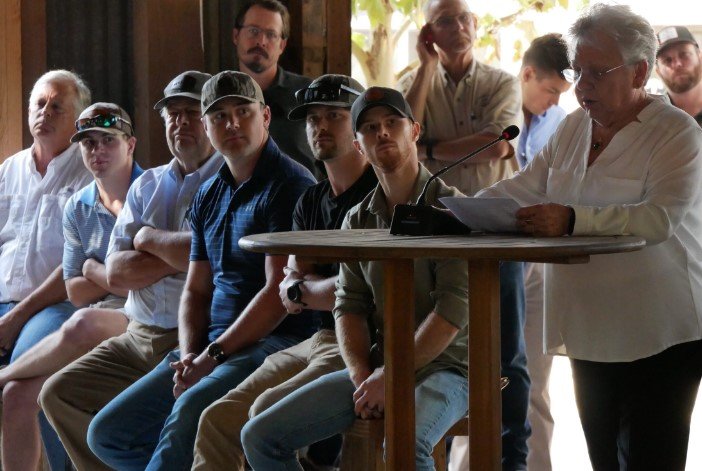Georgia’s waterways, a vital part of the state’s natural beauty and ecological health, have become the center of a heated debate. A proposed bill, which aims to restrict access to certain streambeds, has sparked a conversation about the balance between protecting private property rights and preserving public access for recreational activities.
The Controversy Unfolds
The bill in question has raised alarms among environmentalists and outdoor enthusiasts. It suggests setting limitations on which streambeds can be accessed by the public, particularly targeting anglers and paddlers. Proponents argue that this measure is necessary to protect landowners’ rights and prevent trespassing. However, opponents fear that it could lead to the privatization of natural resources that have been freely accessible for generations.

The discourse has intensified as both sides present their arguments. Landowners cite instances of littering, property damage, and disruption of livestock as reasons for supporting the bill. Conversely, conservation groups and recreational organizations worry that restricting access could hinder efforts to monitor and maintain the health of these ecosystems.
The Impact on Ecology and Recreation
Georgia’s streams and rivers are not only picturesque spots for leisure but also crucial habitats for a diverse range of aquatic species. Restricting access could have unforeseen consequences on wildlife conservation efforts, as fewer eyes on the water could mean less oversight on environmental issues.
Moreover, the outdoor recreation industry, which includes fishing and paddling, contributes significantly to the state’s economy. Limiting access to streambeds could deter tourists and outdoor enthusiasts, potentially impacting local businesses that rely on this influx of visitors.
Finding Common Ground
As the debate continues, it’s clear that a compromise must be found—one that respects the rights of property owners while ensuring the preservation and accessibility of Georgia’s waterways for future generations. Stakeholders are calling for a more nuanced approach, perhaps through the implementation of permits or designated public access points that balance the needs of all parties involved.

Comments